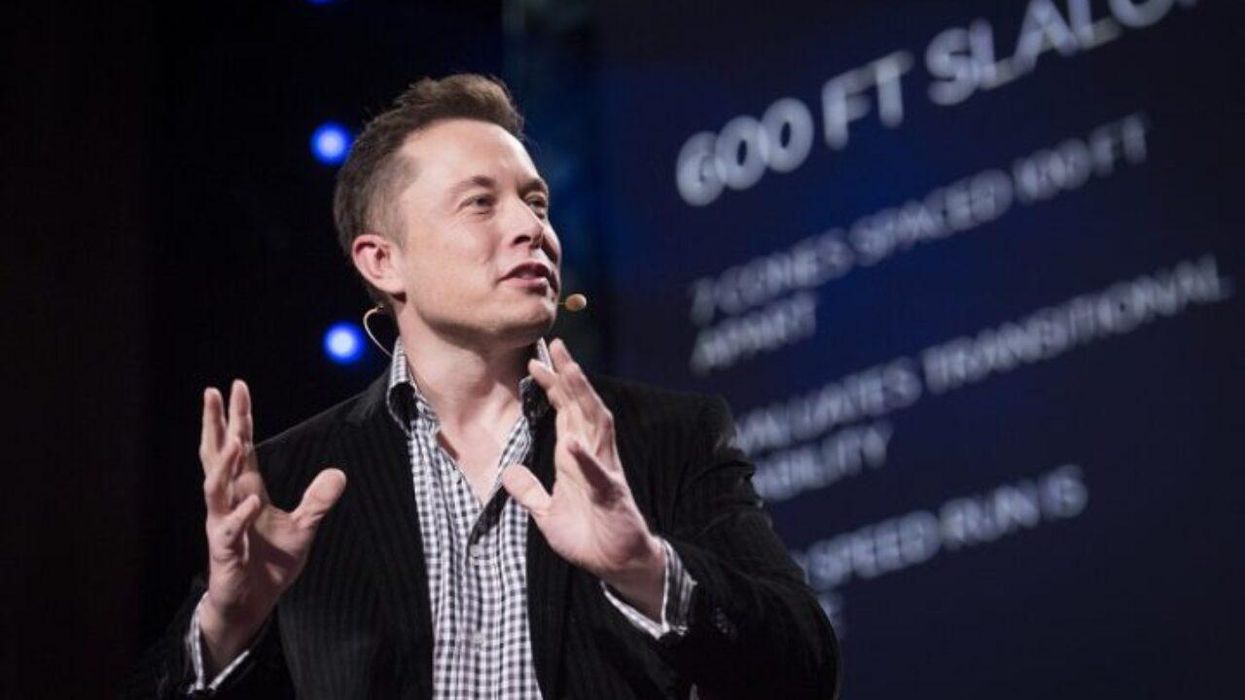Elon Musk has made an offer to buy Twitter...and it's a hefty one.
The Tesla CEO has recently become a shareholder at the social media platform, meaning he owns a partial stake in the company. That's not enough, however, as Musk has made a bid for more. According to a SEC filing, Musk has offered $43.4 billion dollars cash for the entire company. His full statement to the company reads,
"I invested in Twitter as I believe in its potential to be the platform for free speech around the globe, and I believe free speech is a societal imperative for a functioning democracy. However, since making my investment I now realize the company will neither thrive nor serve this societal imperative in its current form. Twitter needs to be transformed as a private company."
Musk said the cash offer was his "best and final offer," adding that if it's not accepted he would have to reconsider his position as a shareholder.
“If the deal doesn’t work, given that I don’t have confidence in management nor do I believe I can drive the necessary change in the public market, I would need to reconsider my position as a shareholder. This is not a threat, it’s simply not a good investment without the changes that need to be made. And those changes won’t happen without taking the company private.”
The letter was addressed to the chair of the Twitter board instead of the CEO. It concludes,
"Twitter has extraordinary potential. I will unlock it."
Musk has high ideas for the platform, including a paid subscription service for verified accounts. He claimed to champion "free speech" in the same breath he vied to privatize one of the largest social media platforms in existence.
As a private company, Twitter has the ability to set what's known as a "terms of service," that thing we all pretend to read. They're usually very basic rules we agree to in order to use the website. An example of one would be a policy against hate speech: if one user made hateful comments to another, even if not illegal, Twitter would be able to remove them for violating their terms.
Removing that user would not violate their free speech. Twitter is not the government, but a private company; their rules were violated, they took action. In fact, the ability to combat hate speech may even make "free speech" stronger, as those targeted by the hate would be given the space to speak instead.
In the past few years, Twitter began fact-checking and restricting misinformation shared on the platform. It also banned political ads, and added protections for misinformation around the election, Covid-19 pandemic, and most recently the Russian aggression in Ukraine. Personally, I like using a platform with less propaganda, harassment, and spam.
Musk refers to himself as a "free speech absolutist," meaning it would align with his ideals to allow all of the above. But Musk notoriously does not practice what he preaches, as he's previously fired Tesla employees for disagreeing with him, and even recently punished a whistleblower who came forward with safety allegations against the company's self-driving car.
It's not too far of a stretch to imagine Musk removing a Twitter account he disagrees with. He has been vocal against light and joking criticism he's received on the platform, and has even had parody accounts of himself taken down.
Elon Musk is already the richest man in the world. This is not about promoting free speech. This is about exerting control.



















































